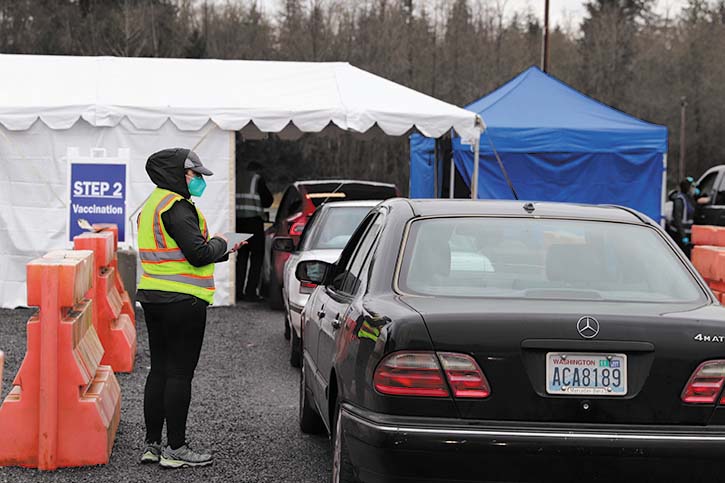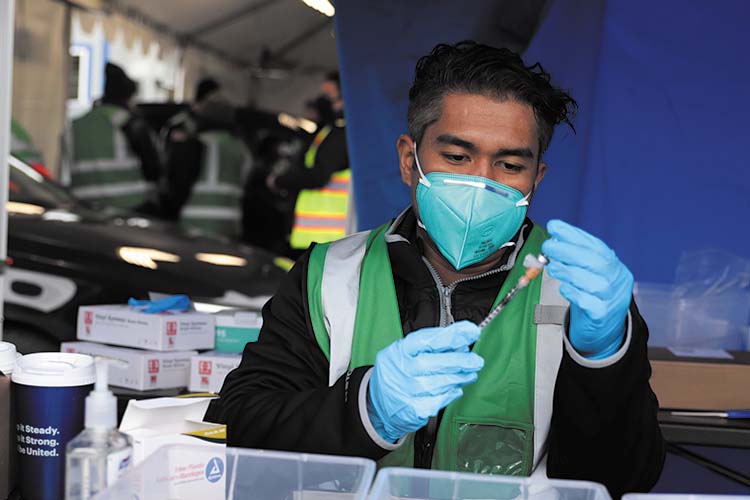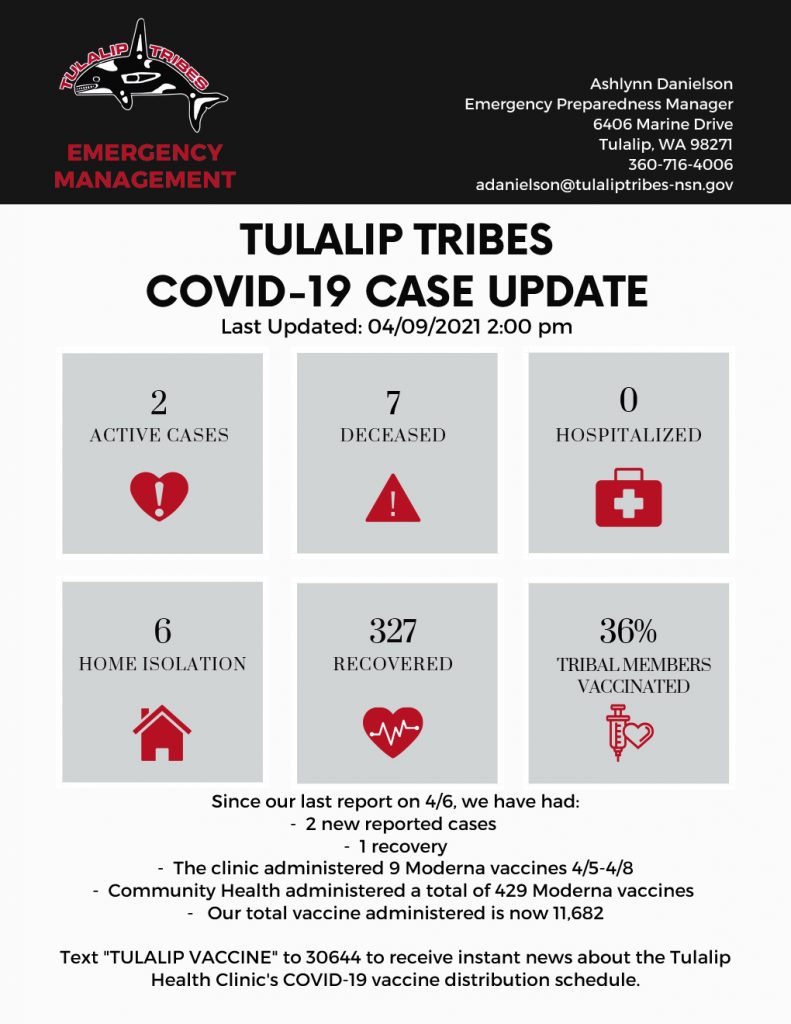
Category: Health
Sexual assault safety, prevention and resources
Submitted by Sydney Gilbert, Children’s Advocacy Center and Legacy of Healing Coordinator
April is Sexual Assault awareness month and Legacy of Healing wants to share some information about sexual assault safety, prevention and resources. Every 73 seconds, an American is sexually assaulted. Sexual violence effects hundreds of thousands of American’s each year and unfortunately only 5 out of every 1,000 rapists will end up in prison1. We also know national statistics do not reflect the disproportionately higher rate that native women are sexually assaulted. The Justice Department reports that 1 in 3 Native women is raped over her lifetime and that American Indians are 2.5 times more likely to experience sexual assault crimes compared to all other races2.
While it is never the fault of the victim and always the fault of the perpetrator, unfortunately we have to take our safety and education into our own hands. There are several tips you can follow to stay safe in many types of situations outlined on the Rape, Abuse & Incest National Network’s website:
Safety Tips for Traveling
- Before you leave, share your travel plans and schedule with someone you trust. Include the address and phone number for where you will be staying as well as transportation information like flight number.
- Research transportation at your destination and go with a provider that is reputable in the area. Is there a number for them you can call if you have a bad experience?
- Familiarize yourself with the destination by using tools like google maps to scout it out. Is there a police station or hospital near where you’re staying?
- When you get there, beware of “vacation brain”. We want to relax when we travel but listen to your intuition and try not to let your guard down with people you don’t know.
- Alcohol Safety
- Keep an eye on your friends. If you’re out in a group, plan to arrive and leave together. If you decide to leave early, let your friends know. Check in with them throughout the night to see how they’re doing and if something doesn’t look right, step in.
- Know what you’re drinking. Consider avoiding large-batch drinks like punches that may have a deceptively high alcohol content and avoid leaving your drink unattended. Also don’t accept drinks from people you don’t know or trust. Be aware of sudden changes in how your body feels. Some drugs are odorless and tasteless and can be added to your drink without you noticing.
- Remember that even if you were consuming alcohol when a sexual assault occurs, it’s not your fault!
- How you can respond if someone is pressuring you
- Trust your gut! Don’t feel obligated to do anything you don’t want to.
- Have a code word or phrase with friends or family that indicates to them that you need help.
- Plan an escape route; figure out how you would leave quickly if you needed to do so and identify who might be able to help you.
One more thing you can do to prevent sexual assault is to talk about consent and what that means with your friends, family and children. Consent means a wholehearted “yes” and agreement to whatever it is that is being propositioned. Never feel pressured to say yes to anything that you don’t want to do; sexual in nature or otherwise. Practice building those boundaries in everyday situations to learn to recognize consent and become empowered to use it.
If you’ve been sexually assaulted, know that you are not alone and it was not your fault. Know that you can call the police and make a report, even if considerable time has passed since the assault. If the assault was recent (within 96 hours) it’s important to go the emergency room for a Sexual Assault Nurse Exam (SANE). This is important for evidence collection, emergency contraception, and to make sure you’re healthy. While it makes sense that the first thing you would want to do after a sexual assault would be to shower, change your clothes, brush your teeth; avoid doing these activities to aid in the evidence collection process. If you did change your clothes, bring the ones you were wearing before/during the assault without washing them to the SANE. Even if you don’t want to pursue criminal charges, SANE’s are extremely important for your health. Our Legacy of Healing advocates can accompany you to this exam and support you during this process. And if it’s been more than 96 hours since the assault, we encourage you to schedule and exam to make sure you’re healthy. It’s important to know that if you live in or near Tulalip and you need a SANE to go to the Providence Hospital ER in Everett; Cascade Hospital in Arlington is not equipped or trained in SANE exams.
If you or someone you know has been sexually assaulted, encourage them to contact Legacy of Healing at 360-716-4100 if they are an adult. If you or someone you know was sexually assaulted and they are under the age of 18, contact the police as well as the Tulalip Children’s Advocacy Center at 360-716-5437 for services. If you are a Tulalip Tribes employee, you are a mandated reporter and you MUST report concerns of sexual abuse/assault to 1-866-END-HARM. Have as much detail as possible ready when you make the report such as the child’s name, address, date of birth, and the family’s contact information. If you don’t have all of that information that’s okay; proceed with what you do have.
References
About sexual assault. (n.d.). Retrieved April 06, 2021, from https://www.rainn.org/about-sexual-assault
Erdrich, L. (n.d.). Sexual assault. Retrieved April 06, 2021, from https://vawnet.org/sc/gender-based-violence-and-intersecting-challenges-impacting-native-american-alaskan-village-1#:~:text=American%20Indians%20are%202.5%20times,are%20raped%20in%20their%20lifetimes.
MCHC: Building healthy eating habits for future generations

By Kalvin Valdillez
“Kids eat frequently because they have small stomachs, they digest food quickly and then they need a refill,” said Erika Queen, Child Health Educator at Tulalip Community Health. “Kids, and adults really, should be eating every 2-3 hours, that helps their bodies realize that they’re going to get fed routinely and helps curb huge cravings”
At the beginning of the year, four Tulalip programs combined forces to bring teachings, provide resources and instill a sense of community for first time mothers and young families of Tulalip. The collective is known as the Maternal Child Health Committee (MCHC) and consists of Family Haven, Tulalip Community Health, the Betty J. Taylor Early Learning Academy and beda?chelh.
The MCHC’s goal is to bring once-a-month trainings, via Zoom, to the families while also providing a space for parents to discuss, relate, share and learn from each other’s personal experience with parenthood. The committee’s classes have already garnered much attention over the months, with Family Haven and TELA hosting the first of the online classes that focused on topics such infant care and early childhood brain development.
For MCHC’s third Zoom get-together, Erika Queen lent her expertise to those who logged onto the virtual open-discussion seminar, which highlighted the eating habits of the future generation.
Said Erika, “We focused on ages birth to kindergarten specifically but it definitely works for most kids. The broad topic was why kids want to eat all the time.”
Erika is a certified lactation educator and stated she is willing to share any information to mothers about infant feeding during their baby’s first journey around the sun. She also shared the Satter Division of Responsibility in Feeding (sDOR) with the group. This is a set of tested and proven guidelines that helps develop healthy eating habits in young children, that can actually be practiced all the way through adolescence.
“The bottom line is, adults are responsible for what, when and where the kids eat and the kiddos are responsible for how much and if,” explained Erika. “Kids ask for snacks all the time because they see us snacking and want what we have. They are learning about how this world works and they see their parents and family grabbing a snack and they’re like, ‘hey, how come I don’t get one?’.”
She continued, “Generally, feed your kids what you’re eating. Kids learn to eat what you cook. Pretty much all you need is a little extra time to let the food cool-off and kids can eat pretty much anything as long as they’re not allergic to it and as long as it’s cut appropriately so they can’t choke on it.”
The MCHC is excited to continue offering trainings each month throughout the year. Stay tuned to Tulalip News to find out what the MCHC has in store for May.
“Our long-term goal is to improve health outcome for children and families,” expressed Erika. “We are putting these on as a way to connect with parents, to engage with families who might have questions and who might be stuck home with kids and don’t have normal access to groups and friends since the pandemic. We are here to provide information, support and resources to those families so they can make the best decision for the situation that they are in. If any parents want us to focus on a specific topic, please reach out to any of our programs and let us know.”
For those who were unable to attend this month’s training, more information about the Satter Division of Responsibility in Feeding can be found at https://www.ellynsatterinstitute.org/how-to-feed/the-division-of-responsibility-in-feeding/
Boom City vax site halted amid Johnson & Johnson setback

By Kalvin Valdillez, Tulalip News
A partnership between the Tulalip Tribes and the Snohomish County Health District was showcased and executed with the opening of the mass vaccination site at Boom City.
“We were approached by the county, our partners, to see if we’d be able to provide a site for mass vaccination for our whole community. We can’t do this alone. Everyone needs to be involved. Everyone needs to get their vaccine for this pandemic to slow down, so we can really curve that and get back to normal,” expressed Tulalip Emergency Preparedness Manager, Ashlynn Danielson, prior to the site’s opening.
After weeks of planning, the partnership’s shared vision of providing vaccinations to the greater community came to fruition on April 6, when the Health District administered the first round of vax shots to the public. The shots were administered by appointment only and one receiving the vaccine had to meet a number of qualifications to be considered eligible for the COVID defense serum.
The large lot located behind the Tulalip Resort Casino, home to many firework stands during the summertime, is divided into sections by small orange cones, strategically placed throughout the gravel lot to create multiple driving lanes. The site features four checkpoints, designed to keep the patient on-track and the flow of appointments running smooth. During the first week of the site’s opening, patients were in-and-out of the drive-thru style site in under an hour.
On the second day of operations, the Boom City Site Pod Manager, Peyton Plucker, explained the layout of the site. “We’re just kind of bringing people through, getting them where they need to go,” he said. “Through the security to make sure they have an appointment, where we write a number on the windshield – how many people in the car are eligible and have an appointment to get their vaccine. We bring them over to the screening station and we give them their vaccine record cards, so they have proof that they got their vaccine. And they head to the vaccination tent and they get asked a couple more questions there and then get their vaccine. And then lastly, they go to either their 15-minute or 30-minute observation time, and then they exit the property.”

The Boom City location is Snohomish County’s sixth mass vax site and was projected to serve upwards of 2,000 patients a day, depending on vaccine allocation. The planning committee of the site believed the location could easily administer 50,000 doses per week, if and when the vaccine was made readily available.
After receiving her vaccine, Snohomish County citizen, Dynae Ingle, shared her experience at the Boom City site expressing, “It was a really easy process and no wait. It was all on-time and everything went great. At first, I was against getting the vaccine, because of nerves. But I work with the public and I didn’t want to take a chance on infecting other people.”
Unfortunately, due to unforeseen circumstances, the health district is currently not taking appointments at the Boom City site, after only one week of operations. When the FDA and CDC issued a temporary halt on the Johnson & Johnson vaccine due to reported blood clots, that also put a pause on vax distributions at Boom City, as that site was prepared to primarily provide the Johnson & Johnson brand, though they did initially administer Moderna on the first day of appointments.
There are no reported updates about when the on-the-reservation site will re-open, however, other mass vaccination sites are still in operation, where Moderna and Pfzier are offered, including the Boeing Everett Activity Center, Edmonds College as well as drive-thru locations stationed in Arlington and Monroe. To find out more information, such as eligibility, availability and how to schedule an appointment, please visit the Snohomish County Health District website, https://www.snohd.org.






